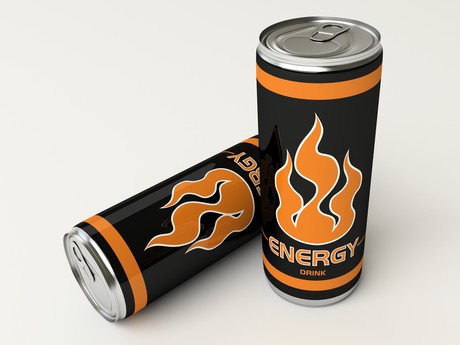UK food retailers ban energy drink sales to children

The UK’s eight largest food retailers — Waitrose, Tesco, Co-op, Asda, Sainsbury’s, Aldi, Lidl and Morrisons — have all implemented bans on the sale of energy drinks to children, banning the sale of products with a caffeine content of more than 150 mg/L to anyone under 16 years old. Boots became the first non-supermarket retailer to join them in March 2018.
Data and analytics company GlobalData emphasised that the retailers have taken it upon themselves to limit access to the energy drinks without any formal direction or regulation coming from the UK Government.
The fact that this potentially profit-limiting step has been taken without government regulation or a call for retailers to take voluntary action is unusual, but shows the importance large retail chains place on maintaining a responsible brand image.
Associate Analyst at GlobalData William Grimwade commented, “Major retailers have become extremely concerned about monitoring opinion of themselves on social media, and the highly competitive nature of British supermarket retailing means retailers do not want to be seen to be out of step with their competitors on issues like this.”
The National Association of Schoolmasters Union of Women Teachers (NASUWT) has gone as far as attributing some cases of poor behaviour of children in schools to high energy drink consumption. The #NotForChildren campaign has become prominent on social media among a variety of stakeholders, including health-concerned celebrity chef Jamie Oliver, charity Action on Sugar, MP Maria Caulfield and NASUWT, the teachers union.
Grimwade added, “Retailers and energy drinks producers are also likely to suffer from the introduction of the sugar tax in the UK from 8 April 2018. The vast majority of energy drinks brands rely on sugar, as well as caffeine and other additives, to allow them to give the consumer the energy rush their brand depends on. This means that they will be unable to reduce sugar content and their prices in independent retailers still selling them to under 16s will be forced upwards, compounding the effect of the supermarkets ban.”
Expanding beyond biscuits: Arnott's acquires Prolife Foods
The Arnott's Group has expanded its 'better-for-you' snacking portfolio with the...
FDA investigates PFAS in seafood
The US Food and Drug Administration (FDA) expands its investigation on per- and polyfluoroalkyl...
Cell-cultured quail moving closer to Australians' plates
FSANZ is undertaking a second round of consultation on a proposed approach to allow cell-cultured...














